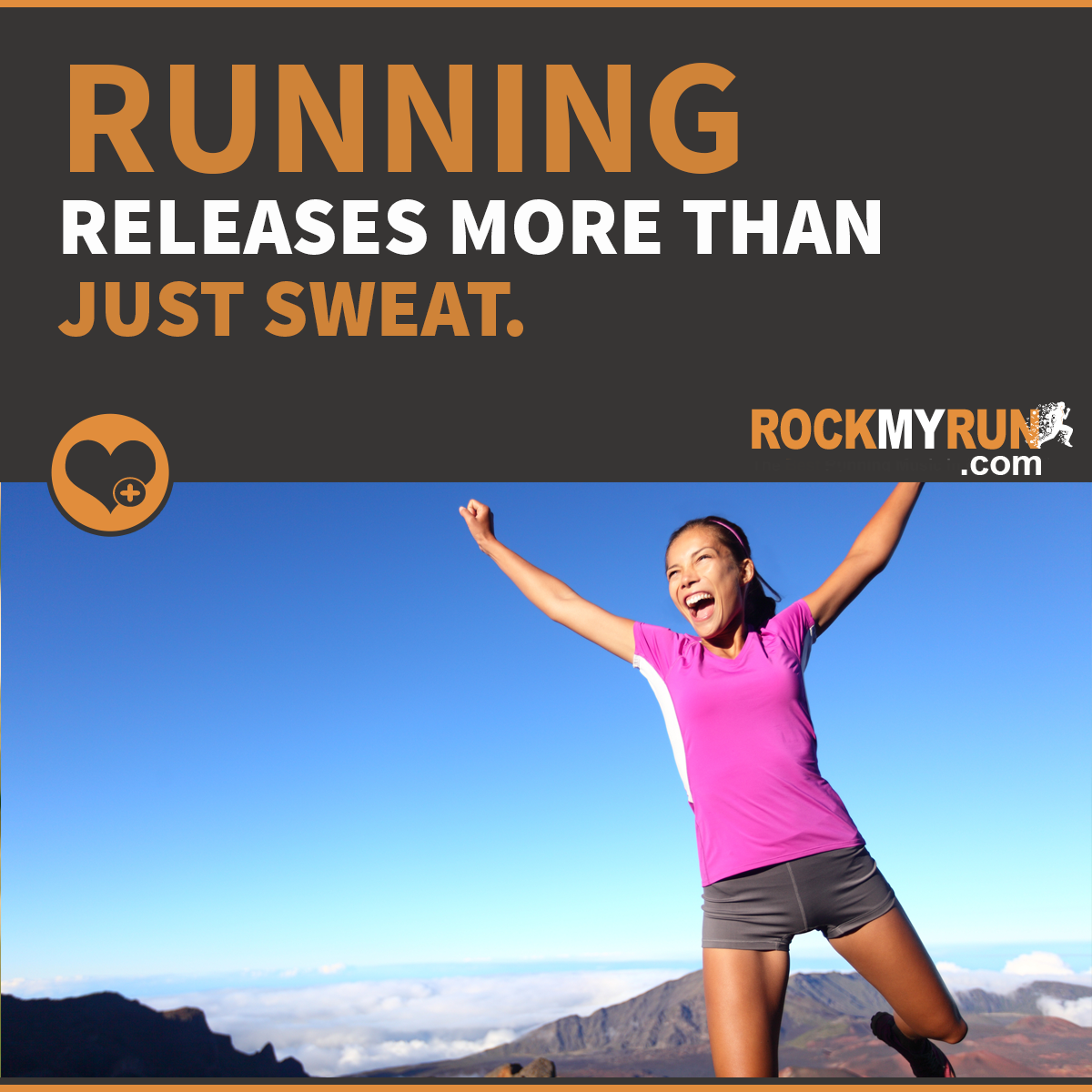If you are among the 29,478,000 Americans who run or jog 50 or more days a year then you know why you run. Running offers phenomenal psychological and physical benefits and you’ve probably even experienced a “runner’s high.” You must be spreading the word too, since running shoe sales grew to a whopping $3.04 billion in 2012, up 23% from 2011.
Slipping on a pair of running shoes is a common way to start the day, along with the ubiquitous headphones popping out of the ears of joggers and runners.
Psychological and Physical Benefits of Running
So what is this national, indeed international, sensation all about? What do we love about running?
Perhaps we love the way we feel. After all, it is well known that the psychological benefits of running rival the physical benefits. Nearly three-quarters of runners who maintain at least a moderate level of fitness say that running keeps them in a positive, relaxed, happy, state of mind. My clients who struggle with depression find that running is a less expensive, highly preferable and equally effective mood booster, than taking side-effect prone medications.
Runners report significant increases in the quality of their life, feel greater energy, patience, optimism and ambition. For many, running leads to significantly lower levels of stress, improved memory, increased verbal fluency and better cognitive functioning. Perhaps most importantly, runners report greater health benefits that include burning more calories, heart health, improved HDL cholesterol levels, a boost to the immune system, increases in bone density and improved lung capacity.
Runner’s High
Then there’s always that “runner’s high.” It’s true, that invincible “what discomfort?” flow that runners feel, tied to a release of endorphins, norepinephrine, dopamine and serotonin, with an increase in body temperature, have been fully demonstrated by endorphin and neuroscience researchers.
Want to power up that output? Then you need to introduce yourself to your nucleus accumbens, your prefrontal cortex and your amygdala. These are located in your brain and go into high gear, releasing feel-good chemicals, particularly when music activates these emotion and intellectual centers.
Boost Performance with Music
Want to boost the impact of running and increase the positive benefits that running brings? Be sure to choose your favorite music mixes and performance enhancing beats per minute to keep you moving along a health-promoting pace. Fitness psychologists, who study the effects of music on athletic performance and exercise, find that listening to music while working out stimulates mental arousal and enhances brain functioning, at least for a short period of time.
The key, the researchers tell us, is to choose music you enjoy, and note that the faster the music, the greater the power output. It’s all about the motivating power of the music you choose and how you choose to listen to it. Louder and faster music, according to research, leads to runners dialing up their pace, while slower and quieter music is best for cool downs. Research suggests that the right music can boost endurance by 15%. Furthermore, while exercise promotes good endothelial functioning, so important to your heart and in preventing atherosclerosis, listening to music for 30 or more minutes while running or working out turbocharges that effect on the cells that line the inside of your blood vessels.
Next time you hear about a marathon, half marathon, or 5K coming to town, or a buddy asks you to go for a jog at the park, now you know why running has the growth curve it does and why so many love running. It leaves you feeling better head to toe. And with RockMyRun rocking your health benefits, well, it’s hard to imagine anything better putting a smile on your—or your doctor’s–face!
Why do you run? What are your favorite benefits? Let me know in the comments below.
Post contributed by Michael R. Mantell, Ph.D. Dr. Mantell has served as a long-time Assistant Clinical Professor in the Department of Psychiatry at the University of California, San Diego and today is the Senior Fitness Consultant for Behavioral Sciences for the American Council on Exercise, a behavioral sciences coach, an author and a national fitness-health speaker.


[…] Why We Run: The Physical and Psychological Benefits (rockmyrun.com) […]
Well I completely agree with the argument as I am one among those American who run at least 50 day in a year ;). I think as far as the psychological aspect is concerned, running contributes for a healthy mind makeup. It teaches you quite a lot and helps in shedding those negative thoughts ( along with extra weight). Thanks for sharing this really good article 🙂